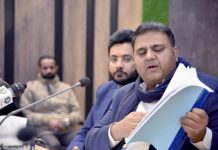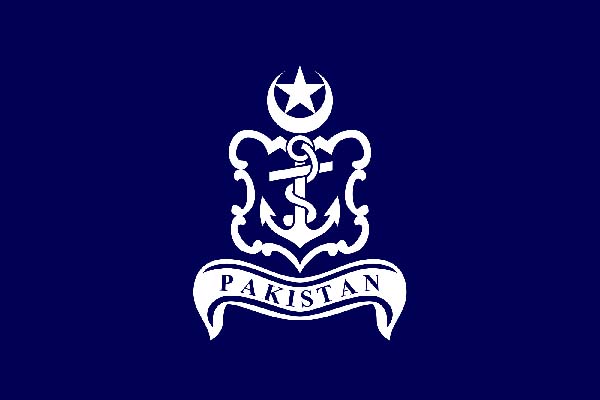ISLAMABAD: US President Donald Trump’s strategy for Afghanistan and South Asia seems to have divided Afghan leaders. Critics claim the policy only focuses on the continuation of the war instead of promoting political dialogue to end it.
President Ashraf Ghani welcomed President Trump’s statement, which he said “shows an enduring commitment by Afghanistan’s foundational partner in this global conflict.” Chief Executive Dr Abdullah and some other government leaders, including first vice-president General Abdul Rashid Dostam, also hailed the US policy.
However, former Afghan president Hamid Karzai reacted angrily to the strategy and said the US president had insisted on continuation and expansion of war instead of peace, which, he said, was the fundamental and original demand of Afghans.
“We oppose and condemn America’s approach and strongly oppose it,” Karzai said in a statement posted online.
“Afghans call for permanent peace in the country and the region and not the expansion of the war, killings and destruction. The US should try to put an end to the war through dialogue and peaceful measures in Afghanistan and the region that will enable the regional countries to live in peace,” said the former president, who still enjoys widespread support in Afghanistan.
Karzai, however, praised Trump’s threatening posture towards Pakistan.
Hizb-e-Islami Afghanistan (Hekmatyar), which signed a peace deal last year and is now part of the political system, questioned Trump’s decision for sending more troops to Afghanistan.
“Nearly 150,000 well-equipped American and NATO troops have been fighting against their armed opponents since October 2001. They have killed hundreds of thousands and displaced and maimed others. However, they have failed to bring peace to the country,” Hizb’s mouthpiece, Daily Shahadat, said in editorial comments.
“It is unclear as on what grounds and hopes Trump has made the decision to increase the number of troops. A total of 150,000 troops have been unable to bring peace so far. So what will just 4,000 additional troops achieve?” the paper asked.
“The US and others who have troops in Afghanistan should think about pulling out their forces and instead spend the funds on the Afghan National Army and police. Afghans should be allowed to solve the problem,” it said.
Latif Pedram, the leader of the National Congress Party of Afghanistan and a member of the parliament, also criticised the new US strategy and said that the Trump strategy “continues the occupation and war in Afghanistan”.
Pedram, whose comments on the recognition of the border with Pakistan months ago caused uproar in Afghanistan, also accused India of creating trouble in the war-shattered country.
“The Indian government is also one of the factors contributing to the continuation of the war in Afghanistan,” the lawmaker said on his official Twitter, while commenting on Trump’s strategy.
“India opposes any policy that improves Afghanistan-Pakistan relations,” Pedram further said, adding “Trump and Narendra Modi will make Afghanistan the battlefield of the bloodiest war.”
Some independent analysts also opposed the US plan.
Dr Faiz Muhammad Zalanad, a writer and commentator, asked why President Ghani and Dr Abdullah were celebrating a vague policy.
Describing officials at the Presidential Palace as the “Facebook militia”, he said the they were happy at Trump’s policy because he had “threatened Pakistan, but it does not mean that Trump will exert pressure on Pakistan for the sake of useless and corrupt National Unity government. For Trump, the US’ own interests are the priority.”
“The new strategy will push the war towards intensification. It will be difficult to steer the country out of the situation,” he said in comments posted online.
Pashtoon nationalist leaders in Afghanistan also seemed upset at the new US policy as they believe expansion of war will mostly affect the Pashtoons. Some of the Pashtoon leaders in TV debates expressed disappointment and pressed the Trump’s administration to shift focus on peace process.
Former Mujahedeen leaders including Abdul Rab Rasool Sayyaf, Sibghatullah Mujadadi, Hamed Gailani, and Qayyamud Din Kashaaf, who had been active part of the armed resistance against the Soviets, and now live in Afghanistan, however, remained tight lipped over the issue.
Published in Daily Times, August 28th 2017.













